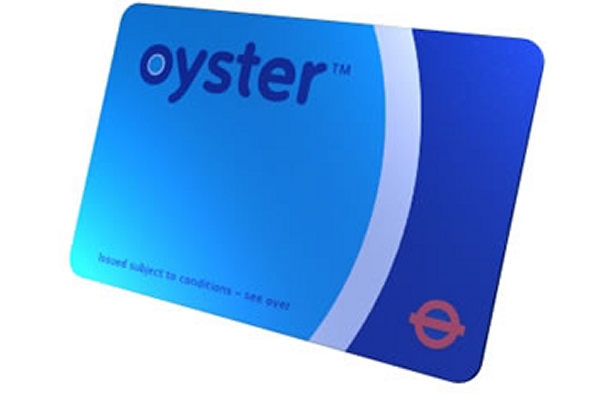Oyster cards at risk from cloning
Researchers in Holland reveal that London’s contactless transport payment cards can be copied, allowing user to travel for free.

A group of Dutch scientists at Radbound University in Nijmegen, Holland have discovered that the technology used in Mifare cards can be cloned by anyone with a standard laptop.
The contactless smartcards are commonly used to manage access to secure government buildings, hospitals, and schools in Britain, and the same technology is used in over 17 million Oyster cards, used to pay for transport in London.
The scientists successfully cloned a security card for a Dutch public building, and later proceeded to ride for free on the London underground by cloning an Oyster card.
In order to copy an Oyster card, a card reading unit is used to gather the cryptographic key data stored on the card.
This data can then be uploaded to a PC or laptop. Using this equipment, all the cloner needs to do is to brush past someone carrying a working card, or obtain the card itself, and wirelessly read the card's details. The details can then be written to infinite numbers of blank cards, and used for free travel.
Transport for London said it is cracking down on the use of cloned cards.
"Security is the key aspect of the Oyster system and Londoners can have confidence in the security of their Oyster card and personal data," a TfL spokesman said. "We run daily tests for cloned or fraudulent cards and any found would be stopped within 24 hours of being discovered. Therefore the most anyone could gain from a rogue card is one day's travel. Using a fraudulent card for free travel is subject to prosecution."
Get the ITPro daily newsletter
Sign up today and you will receive a free copy of our Future Focus 2025 report - the leading guidance on AI, cybersecurity and other IT challenges as per 700+ senior executives
Security consultants are calling for the cards used in more sensitive locations, such as government buildings and hospitals, to be replaced.
-
 Cleo attack victim list grows as Hertz confirms customer data stolen
Cleo attack victim list grows as Hertz confirms customer data stolenNews Hertz has confirmed it suffered a data breach as a result of the Cleo zero-day vulnerability in late 2024, with the car rental giant warning that customer data was stolen.
By Ross Kelly
-
 Lateral moves in tech: Why leaders should support employee mobility
Lateral moves in tech: Why leaders should support employee mobilityIn-depth Encouraging staff to switch roles can have long-term benefits for skills in the tech sector
By Keri Allan